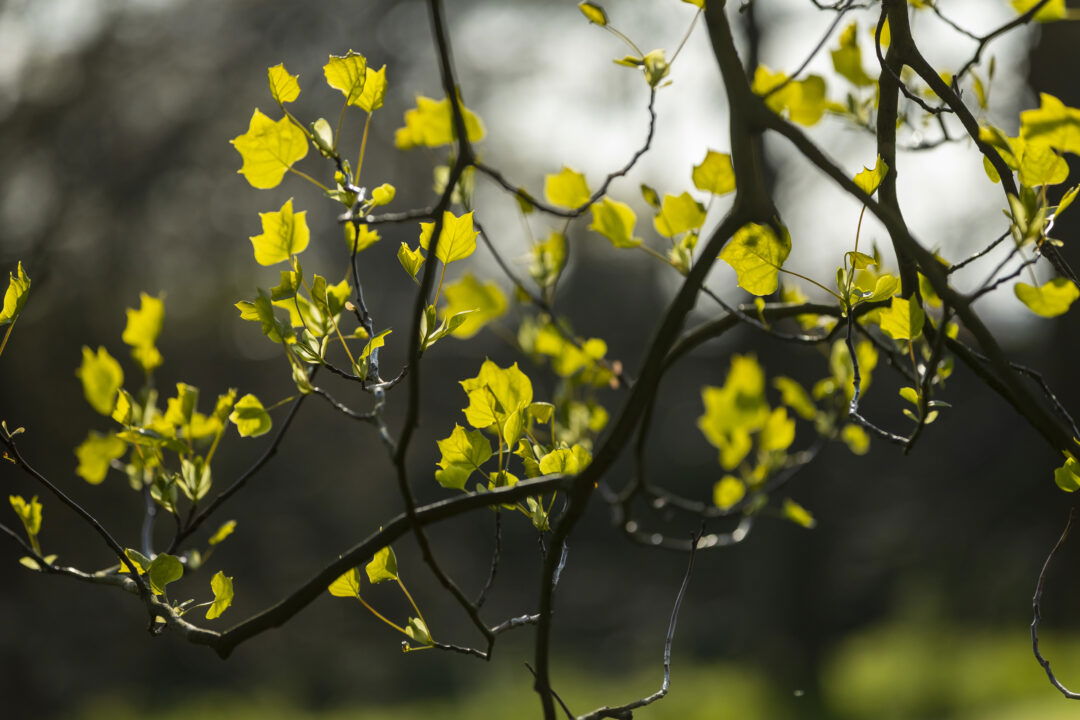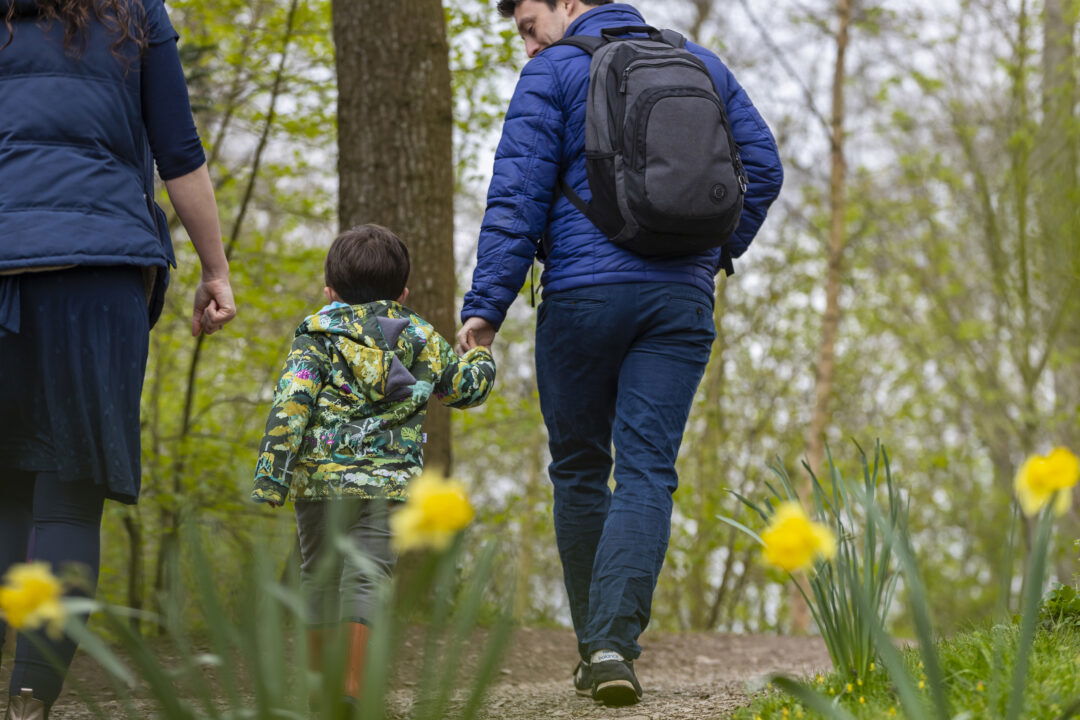I would argue that March and April are the busiest months in the garden. As we emerge from winter we think we have all the time in the world. Plants start to slowly push their way out of the soil starting with the snowdrops and the aconites, and then once the daffs are out, time suddenly speeds up- the weeds grow mega fast. Turn your back and the patch of cleavers that you have just cleared is back! The seeds that you lovingly planted in the greenhouse (or on your window sills) are getting leggy as they make a mad dash towards the sun. And the grass seems to need cutting even though it looked fine when you checked it last week.
Having said that, I love this time of year. There is a fresh energy in new growth and luckily this rush of energy feeds the garden team, and good job too because suddenly the job list is enormous. Here are some things to do to help you feel in control and to plan for summer;
- Deadhead all your daffs and spring bulbs, and if you can resist, leave the leaves to die back naturally. Sometimes I can’t bear the long daffodil leaves sprawling over the ground and in this case I tie them in knots- like a hair bun- to get them out of the way. By deadheading you will stop the plant from putting all of its energy into making seed. And if you leave the leaves to go brown then the plant can continue to photosynthesise, and all that energy will be stored back into the bulb for next year. Sometimes you might notice your daffodils coming up ‘blind’, this just means that they don’t flower. Normally they just need a bit of TLC. Dig up the clumps and split them. Replant in new holes and water and feed. Sometimes if the clump is too big, it gets tired, and the bulbs dry. The plant keeps producing leaves but doesn’t have enough oomph for flowers so splitting them should refresh them and help them produce flowers for next year.
- We leave most of our seed sowing until March. We have one heated glasshouse but it gets full really quickly. Most things sown in March soon catch up with early showings, and we find they tend to be less leggy and weak. That also leaves plenty of time to get them hardened off and planted out after the last frosts. If you are lucky enough to have a glasshouse, keeping the glass clean will help more light enter which will help the plants photosynthesise, and opening the windows on warm days will help with airflow and reduce the risk of disease. Keep an eye out for early aphids. We use the yellow sticky papers but it’s worth using some sticky leaved carnivorous plants like sundew (Drosera capensis) for fun too.
- Plant summer bulbs now. Jekyll was very keen on Madonna lilies (Lilium candidum) and she liked to have a succession of flowers so she planted some directly into the soil, but would have some coming up in the glasshouse too as an early display. Lily bulbs can be expensive so we have been working on building enough for an earlier glasshouse grown display. To do this we have used a technique called chipping. It can take several years to propagate but on a garden of this scale we hope that it will be worth it, and that it is something that we can regularly build into the gardening year. Take the bulb and cut it down the middle through the basal plate (the roots) as you would an onion. Then keep halving, making sure that each piece of bulb has some of the basal plate attached to it. Then put 4-6 of these pieces into a clear plastic bag and add vermiculite and some water, roughly 10 parts vermiculite to one part water. (Vermiculite is a mineral growing medium available at all garden centres. It is used because it is sterile and can absorb water.) Blow air into the bag and then tie the bag up. Keep somewhere dark at room temperature. After about 12 weeks you should notice that the scales have separated and a little bulblet will have appeared. These can now be potted up into a good compost and grown on.
- Get weeding. This is the most important time to keep on top of weeds. If you get ahead now it will save you some weeding later in the year. You have probably heard the saying ‘one year’s seed, seven years weeds’ - well it definitely has felt like that since the lockdown and having fewer gardeners and volunteers on site!
It might be busy in the garden but the days are longer and the temperatures milder, so make sure in between all the chores that you take time to notice and enjoy your surroundings, be mindful, stretch out your back, listen to the chatter of the birds, watch for the first insects, and get some vitamin D.
Enjoy!

